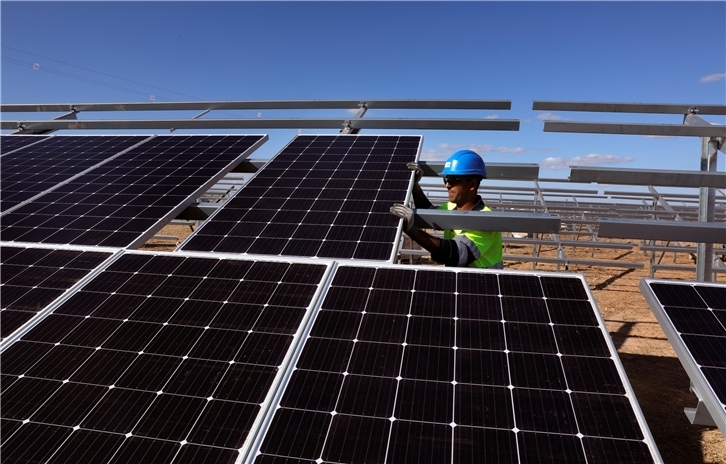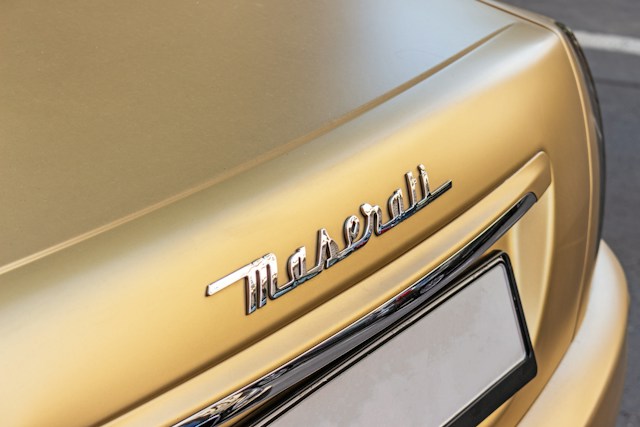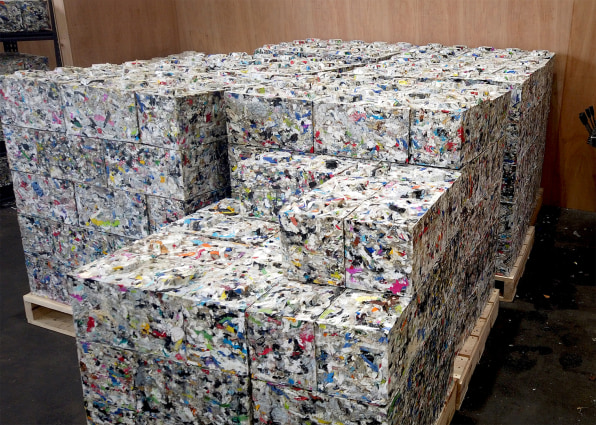Iberdrola, the successful Spanish electric utility company, has announced that their 500 MW solar park in Nunez de Balboa has been completed, so it’s ready to get connected to the national grid. The expected date when the park will begin producing electric energy will be within the first quarter of 2020, and the only thing that remains to be done now is to secure a commissioning permit from the country’s Ministry for Ecological Transition.
The local grid operator, Red Electrica de Espana, has already started conducting energization tests in order to ensure that everything is working as expected. So far, the team has only detected very minor issues, so there’s no reason to believe that the commissioning date will be pushed any further.
The cost of this massive-scale project was a pretty large one, so this is one of the country’s most important investments in the field. Iberdrola covered part of the cost by investing about $336.4 million. The European Investment Bank (EIB) and the state-owned ‘Instituto de Crédito Oficial’ (ICO) also joined in the investment, contributing another $285 million together.
Still, this isn’t the largest project of its kind to be planned in Spain. There’s another project that is also undertaken by Iberdrola, and which involves two massive solar panel installations that will be combined to create a single energy output of 800 MW. This project will be located in the region of Castilla-La Mancha, in the central part of the country.
Spain is one of the leaders in the field of harvesting solar power, and in 2018, it was the country with the most concentrated output in the world. By 2018, Spain had a total installed solar generation capacity of 7011 MW. Along with the solar panels, Spain is also investing in battery storage, with the latest project costing €2 million for the installation of an i-DE electricity distribution unit in the municipality of Caravaca de la Cruz, in Murcia. This 3 MWh lithium battery alleviated the need to build 22 km of power lines across environmentally protected zones.







